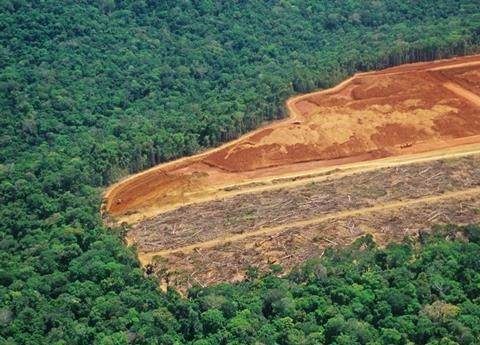
More than 50 of the UK’s largest food businesses have reaffirmed their support for the Amazon Soy Moratorium, amid “mounting pressure” from the agribusiness sector and new legislation that threatens to dismantle the agreement’s protections.
The voluntary moratorium, established in 2006, aimed to eliminate deforestation from Amazon soybean supply chains after 2008.
It had “successfully decoupled soy production from forest loss in the Amazon, with over 98% of soy cultivated in the region today being ASM-compliant”, said members of the UK Soy Manifesto – who represent 60% of the UK’s demand for soy.
But in the face of new state-level legislation in Brazil – including the withdrawal of tax incentives for companies adhering to the ASM – the agreement was now under significant threat of collapsing, warned the group, whose signatories include major UK supermarkets, large restaurant chains, food manufacturers and ingredients businesses, including Sainsbury’s, Tesco, Danone and Greggs.
The new legislation was “widely viewed as an attempt to weaken the effectiveness and international credibility of the moratorium, which is supported by a wide range of NGOs including Greenpeace and WWF”, they added.
“The ASM has been one of the most effective voluntary agreements in tackling deforestation,” said UK Soy Manifesto secretariat Jonathan Gorman.
“Weakening it now risks reversing one of the most successful forest conservation models in modern history.”
Dismantling the moratorium could undermine almost two decades of progress toward sustainable, deforestation free soy production, the group said.
“We urge all actors within the soy supply chain, including governments, financial institutions and agribusinesses, to reinforce their commitment to the ASM and ensure its continuation,” it added.
For UK and global companies, “the disruption of responsible supply chains would have a far-reaching impact”, the group said.
“It would affect soy traders, processors, feed producers, and companies across the food and consumer goods sectors that are committed to sustainable sourcing to halt further degradation of forests, loss of biodiversity, GHG emissions, and help protect the livelihoods that depend on these natural resources.”







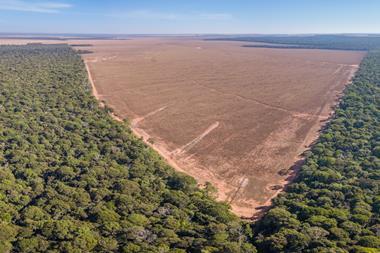

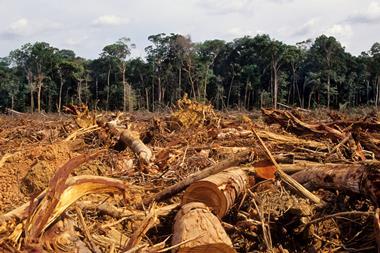
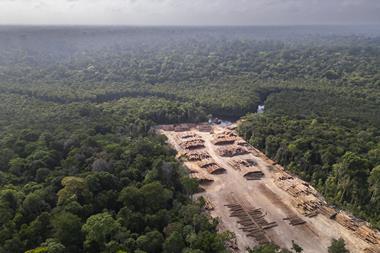
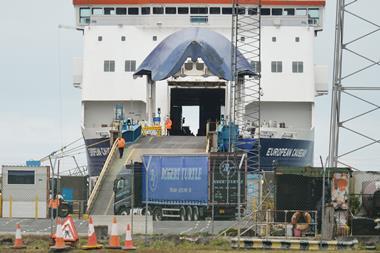
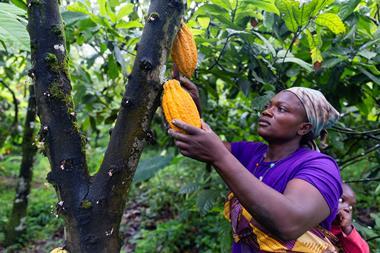






No comments yet